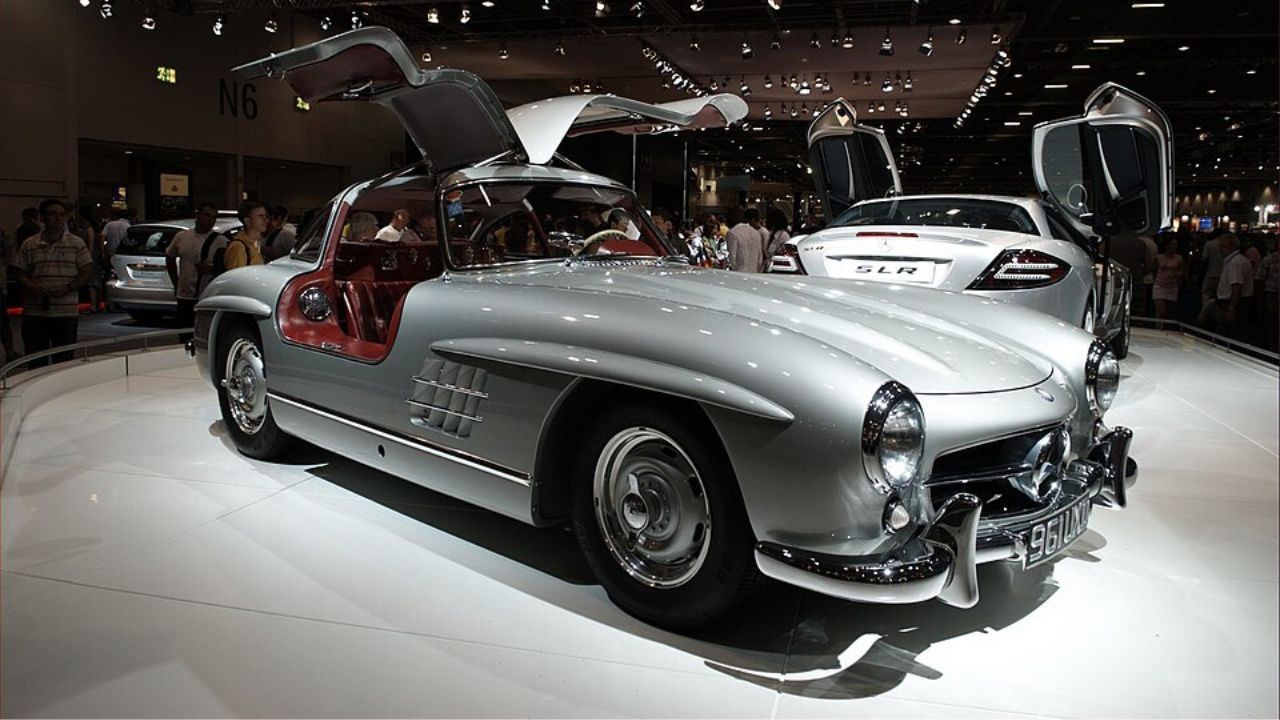Limited-production automobile models have become a hallmark of luxury and exclusivity in the automotive industry. These vehicles, often produced in small quantities, capture the imagination of car enthusiasts and collectors alike. Manufacturers strategically design these models to not only showcase technological advancements but also to reinforce their brand prestige and attract a discerning clientele.
The Appeal of Exclusivity

The allure of exclusivity in limited-production models is undeniable. By creating a sense of rarity, automakers can significantly enhance their brand’s prestige. For instance, Ferrari’s limited-production models, like the LaFerrari Aperta, which was limited to just 210 units, have become synonymous with luxury and performance. This strategy attracts high-net-worth individuals who are not just buying a car but a symbol of status and achievement.
The psychological impact of exclusivity on consumer behavior is profound. People are inherently drawn to items that are rare or hard to obtain. The knowledge that only a select few can own a particular model increases its desirability. This is why brands like Bugatti, with its limited-run Chiron Super Sport 300+, are able to command such high prices. The mere perception of scarcity can drive demand, turning these cars into coveted collectibles.
Financial Implications and Profitability

From a financial standpoint, limited-production models offer higher profit margins through premium pricing strategies. By manufacturing fewer units, automakers can afford to incorporate bespoke features and premium materials, justifying a higher price point. For example, the Aston Martin Valkyrie, with its limited production of 150 units, leverages exclusive design and technology to achieve substantial profitability per unit sold.
Managing production costs is crucial when dealing with limited runs. Automakers must carefully balance the cost of bespoke features with potential market demand. This often involves meticulous planning and forecasting to ensure that resources are optimally utilized. Limited-production models allow manufacturers to experiment with cost-effective production methods that maintain profitability while catering to a niche market.
Marketing and Brand Strategy

Leveraging limited editions as a tool for brand storytelling is an effective strategy in the automotive industry. These models serve as a testament to a brand’s heritage, innovation, and vision for the future. Porsche’s 911 Speedster, for instance, not only celebrates the brand’s legacy but also introduces modern performance enhancements, creating a narrative that resonates with brand enthusiasts.
Building brand loyalty and a sense of community among owners is another significant advantage. Exclusive ownership experiences, such as private track days or bespoke customization options, foster a deep connection between the brand and its customers. These experiences transform ownership from a mere transaction into a lifelong relationship, ensuring that customers remain loyal and engaged.
Technological Innovation and Testing Ground

Limited-production models often serve as platforms for introducing cutting-edge technologies. For instance, the BMW i8 was not only a limited-production hybrid sports car but also a showcase for BMW’s advancements in electric and hybrid mobility. By integrating advanced technologies into these exclusive models, automakers can test their viability and gather valuable feedback before wider implementation.
The feedback loop created by limited-production models is invaluable. Elite customers, who are often early adopters, provide insights that inform future mass-market models. This approach allows automakers to refine their technologies and features based on real-world usage and customer input, ultimately improving the overall product lineup.
Challenges and Risks for Automakers

Despite the numerous benefits, producing limited-run models comes with its own set of challenges. Navigating the complexities of supply chain and production logistics is paramount, especially when dealing with bespoke components. Automakers must ensure that every part meets stringent quality standards to maintain the brand’s reputation for excellence.
Moreover, there is a risk of potential backlash if exclusivity is perceived as a mere marketing gimmick. Brands must carefully balance the narrative of rarity with genuine value and innovation. Transparency and authenticity in how these models are marketed can mitigate the risks of brand dilution and ensure that the exclusivity remains a credible aspect of the brand’s identity.
Like Fast Lane Only’s content? Be sure to follow us.
Here’s more from us:
*Created with AI assistance and editor review.







Leave a Reply